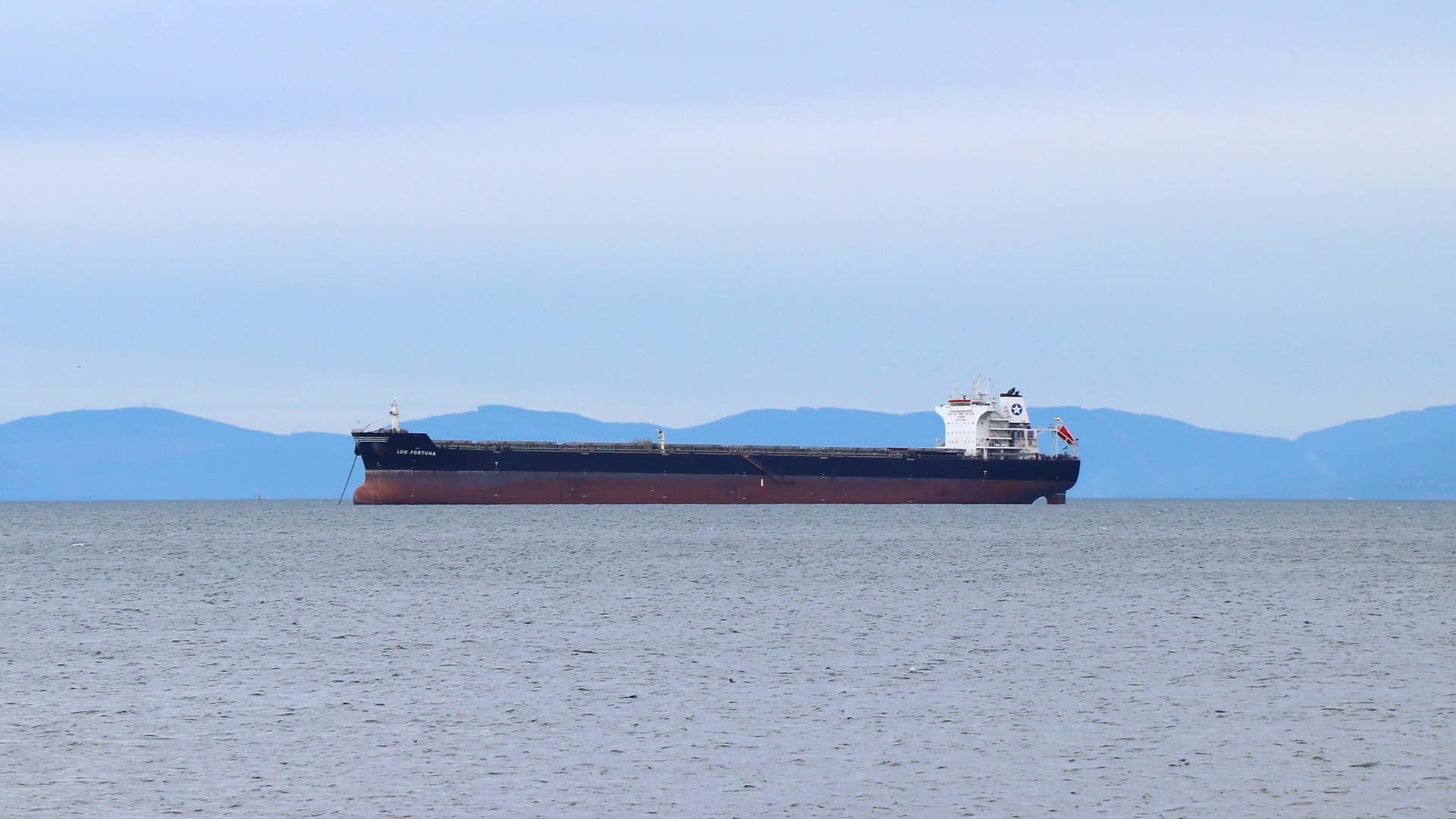Yesterday I provided a few examples of the federal government’s mismanagement of our oceans. My focus was on protecting resources and its preparation and response to oil spills. If you need more evidence then check out the absolute disaster that is our salmon fisheries. To be fair to the current administration, they inherited a gutted ministry, with a gutted budget and gutted legislation. However, they are seeking the confidence of British Columbians to manage a dramatic increase of shipments of diluted bitumen. So, we must start from the basis that their track record is miserable.
Another frustrating example of mismanagement is the vessel parking in the Salish Sea. In October 2018 I wrote Transport Canada asking the Minister to address the longstanding concerns of Southern Gulf Island residents and Penelakut Nation about the challenges with vessels anchoring for prolonged periods of time. The bays, inlets and channels are essentially being used as a parking lot to store vessels for international shipping corporations. Sometimes they sit for weeks or months at a time with seemingly no regulatory enforcement from the federal government.
No response to repeated requests
Since my election, I have had a steady flow of correspondence from residents of the Southern Gulf Islands about the issues created by vessels at anchor. I asked the Minister to consider three ideas to improve the situation in the Salish Sea.
- A ship lighting policy. There is an international legal standard that requires ships at anchor to be well lit so that other mariners can see them. This directly conflicts with the needs of their community neighbours. I asked the Minister to implement a regulated lighting policy to minimize the impact.
- Innovation – The practice of prolonged anchoring of ships in and amongst the Southern Gulf Islands is simply the cheapest, easiest way forward. I strongly recommended that the Ministry embrace innovation and invest in hard point mooring buoys and electrification. This will better organize the ships and decrease emissions.
- Densification – I requested the Minister consider densifying the number of anchorage locations in English Bay and suggested this could be achieved through reorganizing existing anchorages and potentially with technologies such as mooring buoys.
The response from the Ministry was underwhelming at best. There continues to be an unwillingness to demonstrate leadership on these issues. As a result, the shipping companies are taking advantage of us. Add this to the fact they are only now reluctantly addressing oil spill preparedness and response capacity because they so desperately need a political win on pipelines. Recently, they have pulled out a desperate last ditch effort to show something on the Pacific salmon fishery that they have nearly managed to extinction, following the same model that gave them success in nearly extirpating the east coast cod.
Poor consultation
Perhaps it’s time to re-open another wound. Over the past decade our federal government has substantively bungled the consultation for the Southern Strait of Georgia National Marine Conservation Area, a result of engaging and consulting Indigenous groups last. Frankly, this failure was entirely avoidable. I consistently warned them of the perils of this when they came to the tri-municipal Council table on the Saanich Peninsula (and at other tables), for almost a decade. But, government knew best!
No matter what you feel about the Trans Mountain Pipeline Expansion Project, it’s pretty clear to me that there is little evidence to suggest we should have any confidence in the federal government to deliver this project safely. We need to demand that before they increase the frequency of shipping a substance they have little information about how a spill will affect the natural environment, they have to demonstrate they can get a parking lot right. Or, that they can successfully negotiate the terms of a conservation area that everybody wants to get done.
Until then, be wary.
“LDN Fortuna” by “Kelvin Wong” used under license “CC BY-SA 2.0“


there is a added concern of the parked tankers emptying their bilge water into our water which is caught between two Islands.
Thank you for speaking up for us.
Please help me understand what the specific issues are regarding the ships clogging up anchorages and how your proposals will resolve those issues? This isn’t a topic I know much about. Collisions? Dumping? Pollution?
Basically, without specific regulations, or enforcement of current ones, from Transport Canada the Southern Gulf Islands are a parking lot for Port Metro Vancouver. Ships park and wait to be called into port. They can be exceptionally disruptive, light, sound, water and air pollution. The proposals that I offered to the Minister would have Transport Canada regulate ship parking and the flow to and from the Port. Like other ports, if you do not have a delivery or a product to pick up then you are not in the South Salish Sea. Secondly, mooring buoys with power would allow ships to plug in and not be running diesel generators. I hope this gives little more insight. Perhaps this is another post in the future.
Thank you for addressing this issue!! It affects my life and business every day: I sometimes need to record audio in my work and when a ship arrives I am out of business. My life quality is decreased, all for nothing: no benefit to a single Canadian. Please keep up your work. “Just in time berthing” (like the container ships use works very well, as well. The ships adjust their speed on the ocean to arrive on loading day, so they don’t normally ver need “free industrial parking”.
Thanks for keeping up the fight. One point I thought needed including is the monthly US gypsum vessel that unloads its cargo to barges while anchored at night between two islands. Lights a blazing, noise, dust and pollution – that kind of activity should only be permitted in a proper Port Facility with the property fees being paid for the privilege.